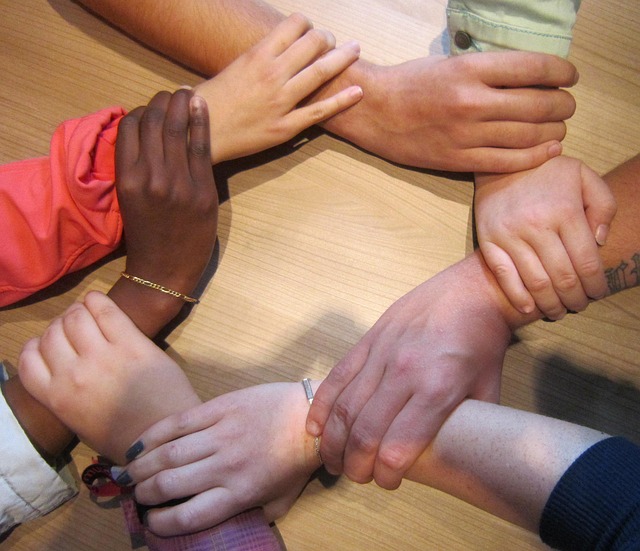PO Box 2932, Petaluma, CA 94953-2932 707-778-1720 Email:rjcheek@comcast.net
©2020 Randy Cheek, MFT.
Collaborative Practice is an alternative dispute resolution approach developed in 1991 by Stu Webb, an attorney in Minnesota. This is an alternative to the traditional process of obtaining a divorce or settling civil, estate or probate disputes.
It is based on three principles:
Collaborative Practice, Collaborative Process, and Collaborative Divorce are terms often used interchangeably. While Collaborative Divorce refers to resolution of particular types of disputes (divorce and domestic partnerships), the other terms can also apply to disputes involving employment law, probate law, construction law, real property law and other civil law areas where the participants are likely to have continuing relationships after the current conflict has been resolved.
Throughout, the emphasis is on open communication, respect and reciprocity. If either party chooses to go to court despite the agreement not to, then both attorneys must withdraw, and each party must hire a new litigation attorney.
When you engage in Collaborative Practice you may hire a team of professionals - attorneys, collaborative coaches and financial specialists. A collaborative coach is a therapist who can help you manage the pain and strain of changing relationships, while focusing on your goals for the present and the future. By working with your strengths, the collaborative coach assists you in being at your best during the divorce process. Coaches assist the parties in having the difficult conversations that could prevent effective negotiation.
Coaches address psychological aspects of divorce, grief, co-parenting, family dynamics and other relevant issues. Much of the discussion is future oriented, preparing the client for moving on with their lives. The coaches often focus on parenting issues when there are children in the family.
I view Collaborative Practice as an opportunity for permitting the parties to have an amicable resolution to their dispute giving them a chance to redefine their future relationship.
If you would like more information about Collaborative Practice go to:

Another valuable role I provide in Collaborative Practice is serving as a Child Specialist. In Collaborative Process the children have a voice in resolving the dispute. Child Specialists are key collaborative team members when a couple with children is divorcing. The Child Specialist evaluates the needs of the children and offers parents information that will help them make plans in the best interest of the kids. The Child Specialist has great flexibility in gathering information. They may talk with children, parents, other family members, teachers, daycare providers, therapists, and so on. This is the only time children have a voice in their parents divorce, this is not an opportunity in litigation or mediation.